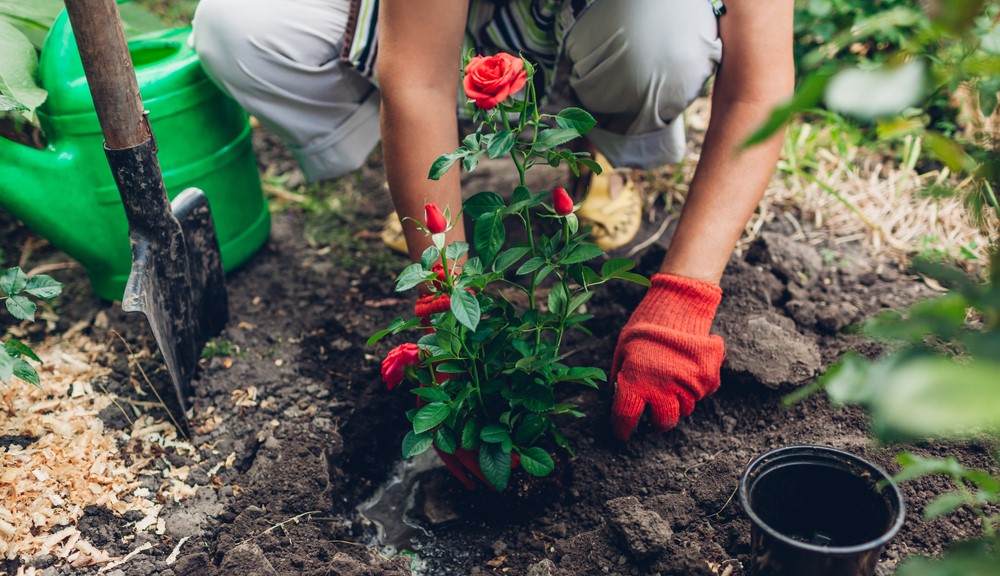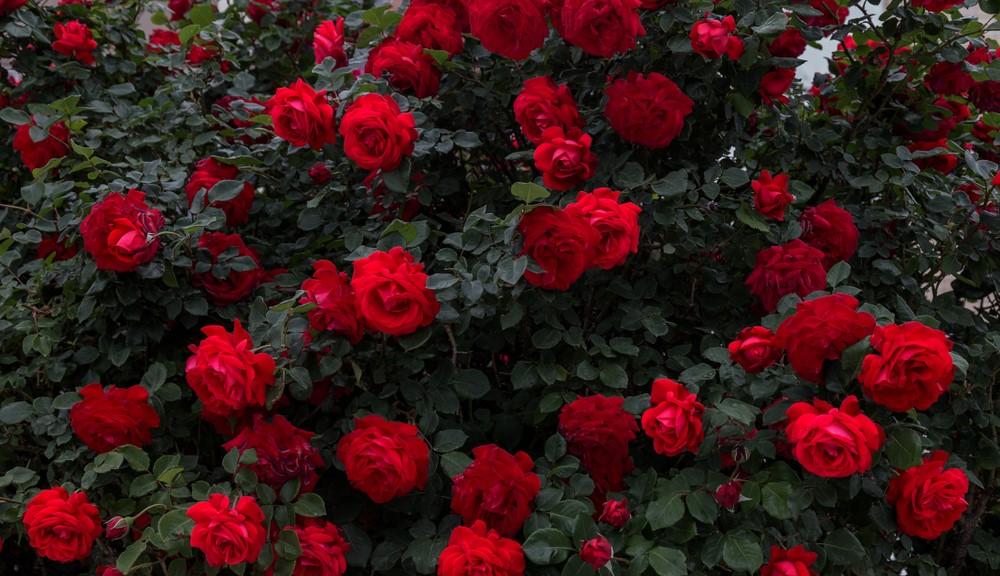Roses are renowned for their timeless beauty and captivating fragrance, making them a popular choice for garden enthusiasts. Cultivating a rose garden can be a rewarding and fulfilling experience, but it requires proper care and attention to ensure the health and vitality of these stunning flowers. Whether you’re a novice or experienced gardener, here are some essential tips to help you grow and care for beautiful roses:
- Choose the Right Roses:
- Climate Considerations: Select rose varieties that are well-suited to your climate. Different roses thrive in different temperature ranges, so choose accordingly.
- Disease Resistance: Look for disease-resistant rose varieties to minimize the risk of common problems such as blackspot or powdery mildew.
- Growth Habit: Consider the growth habit of the rose, including its height, width, and whether it is a climber, shrub, or hybrid tea. Plan the garden layout accordingly.
- Provide Adequate Sunlight:
- Sun Exposure: Roses generally require at least 6 hours of direct sunlight each day to thrive and produce abundant blooms. Choose a location in your garden that receives ample sunlight.
- Morning Sun: Morning sun is preferable as it helps dry the dew on leaves, reducing the risk of fungal diseases.
- Soil Preparation:
- Well-Draining Soil: Roses prefer well-draining soil with a pH level between 6.0 and 6.5. Amend heavy clay soil with organic matter such as compost to improve drainage and provide nutrients.
- Mulching: Apply a layer of organic mulch around the base of roses to help retain moisture, suppress weeds, and regulate soil temperature.
- Watering and Feeding:
- Regular Watering: Roses need consistent moisture, especially during hot and dry periods. Water deeply at the base of the plant, avoiding overhead watering that can encourage fungal diseases.
- Fertilization: Feed your roses with a balanced rose fertilizer according to package instructions. Apply fertilizer in early spring and again after the first bloom cycle. Avoid over-fertilizing, as it can lead to excessive foliage growth with fewer blooms.
- Pruning and Deadheading:
- Pruning: Prune roses in late winter or early spring before new growth begins. Remove dead, damaged, or crossing branches to promote airflow and reduce the risk of disease. Prune to shape the plant and encourage vigorous growth.
- Deadheading: Remove spent blooms by cutting just above a set of healthy leaves. Deadheading encourages the plant to produce new blooms and maintains a neat appearance.
- Pest and Disease Management:
- Regular Inspection: Regularly inspect your roses for common pests like aphids, thrips, or rose beetles. Early detection allows for prompt treatment.
- Natural Pest Control: Encourage beneficial insects like ladybugs and lacewings, which feed on aphids and other pests. Use organic pest control methods such as neem oil or insecticidal soap if necessary.
- Disease Prevention: Ensure proper airflow around the plants by spacing them appropriately. Water the base of the plants rather than overhead to minimize the risk of fungal diseases. If needed, use organic fungicides labeled for roses.
- Winter Protection:
- Cold Climate Care: In colder regions, protect rose bushes from freezing temperatures by mounding soil or applying mulch around the base of the plant. This helps insulate the roots and protect them from frost damage.
- Continuous Learning and Observation:
- Stay Informed: Keep learning about rose varieties, care techniques, and potential challenges. Join local rose societies or gardening communities to exchange knowledge and experiences.
- Observe and Adjust: Pay attention to how your roses respond to specific care practices and make adjustments accordingly. Each garden is unique, and observation will guide you in providing the best care for your roses.
By following these tips and dedicating time and care to your rose garden, you’ll be rewarded with a breathtaking display of beautiful blooms and a fragrant haven in your outdoor space. Embrace the journey of cultivating roses and enjoy the elegance and charm they bring to your garden.



